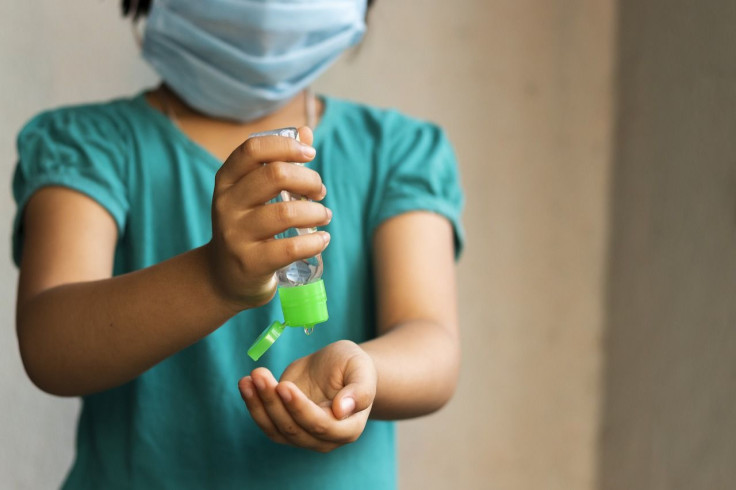How COVID-19 Has Altered the Social Safety Net

The COVID-19 pandemic has underscored weaknesses in the social safety nets many families rely on, especially two key services that promote childhood development: nutrition and health screenings.
Here’s an overview of how nutrition and health screenings have been affected by the pandemic; options available to offset these changes; and a look at how to make the future a safer one for children in poverty.
Nutrition
Data from the National Conference of State Legislatures show that 22 million children rely on free or discounted school lunch programs for their meals. Making sure kids get the food and nutrition they need has been a central issue as officials decide whether to close and reopen schools during the pandemic.
The hybrid school year-- partly at home, partly at school—that has developed in 2020 has forced officials to rethink how to feed these youngsters. Changes are already in play.
The federal Families First Coronavirus Response Act has lifted restrictions on the Summer Food Service Program, Seamless Summer Option and other meal programs, extending them through Dec. 31. School districts can now find creative ways to get food to kids in need, such as retasking school bus routes to distribute food to homes.
Families can get direct aid through increased Supplemental Nutrition Assistance Program benefits and a Pandemic EBT (electronic benefits transfer) program that allows states to offer funds for food in place of the meals that kids normally receive in school. The U.S. Department of Agriculture (USDA) website maintains a full list of program changes listed by state.
As school districts across the country reopen, they also have to replace normal school meals. Officials are exploring options like pick-up lines, delivery and a mix of in-school and take-home meals, based on student schedules. In some areas, locally sourced food trucks provide nutrition for kids and support local businesses at the same time. Because these programs run on a local level, your best option is to consult your kids’ school or school district to see what they are doing.
Health Screenings
In-school healthcare services play a key role in tracking childrens’ development and catching problems early. Remote learners are missing essential physical screenings that are routinely conducted in school by school nurses. The most common are eye exams, hearing tests, and growth and spinal checks. School counselors also provide a variety of behavioral services that aren't available at home.
As schools reopen, some screenings may resume. But meanwhile, there are other ways to ensure your child stays healthy. The Centers for Disease Control and Prevention has a dedicated webpage with advice on how to keep your children healthy during the pandemic. Their free Milestone Tracker app helps with keeping records for young children. In addition, your child’s doctor of a local community clinic may offer guidance and conduct screenings in place of the schools.
The future
Poverty is especially hard on children. The National Academy of Sciences recently published A Roadmap to Reducing Child Poverty , an exhaustive 600+ page look at how different government policies could turn the tide of childhood poverty. The authors found that programs such as tax credits, job programs, increases in minimum wage and boosts to existing programs like SNAP (Supplemental Nutrition Assistance Program) could make life more stable for families and go a long way toward eliminating childhood poverty.
The COVID-19 pandemic has especially affected low-income families, and talks about stimulus programs are ongoing. Contact your elected officials about programs aimed at supporting low-income families and reducing childhood poverty.
The Take-Home
The COVID-19 pandemic has disrupted life for many people, but children in low-income families are especially vulnerable. Nutrition and healthcare, two of the most crucial pillars of childhood development, have seen significant changes during school closures. By researching what is going on in your community, you can find ways to minimize the impact on your family and keep your kids healthy.
Sean Marsala is a health writer based in Philadelphia, Pa. Passionate about technology, he can usually be found reading, browsing the internet and exploring virtual worlds.



























